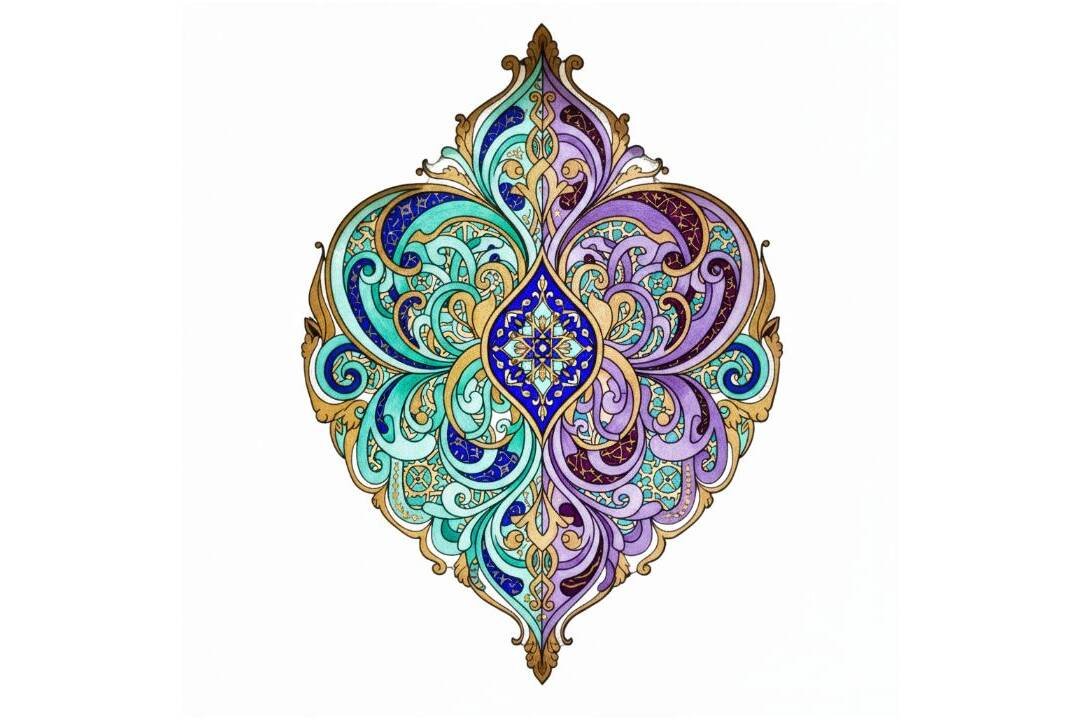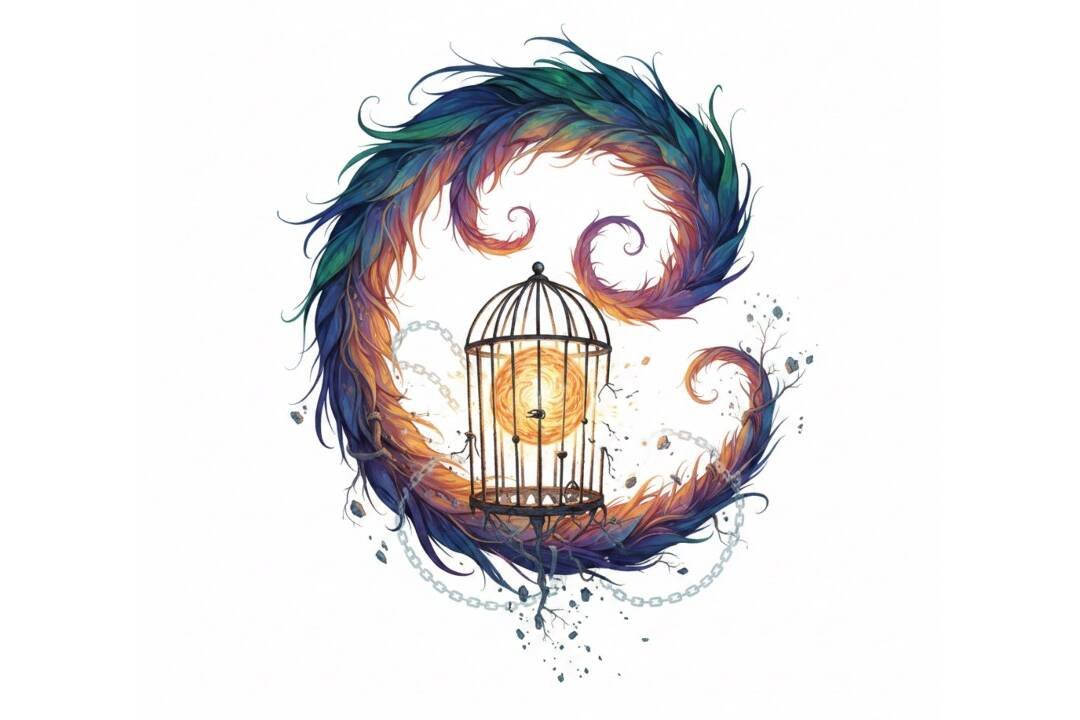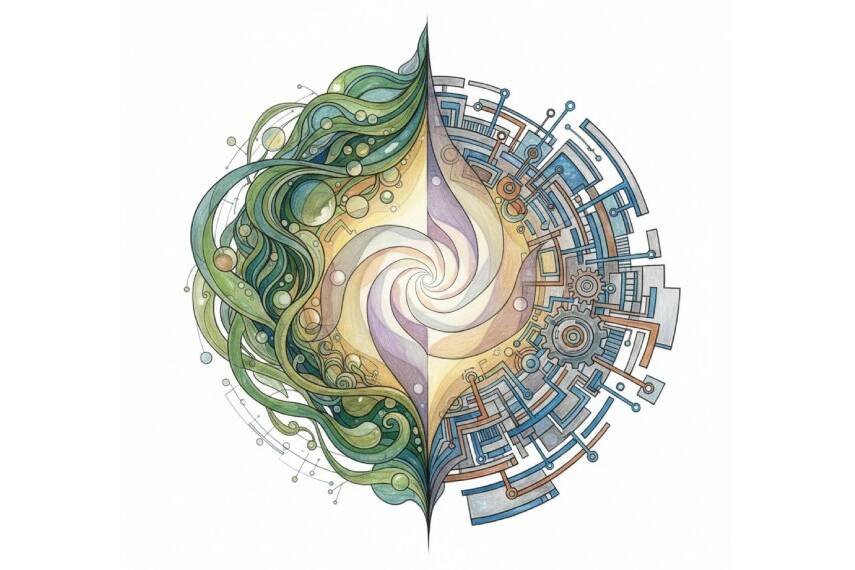“No people can afford to reject their past entirely, for it is their past that has made their personal identity.” (THE RECONSTRUCTION OF RELIGIOUS THOUGHT IN ISLAM, Dr Muhammad Iqbal)
Life is all about colors. Variant colors actually. Our minds, therefore, crave for change, especially in these water-colored lifestyle times (since water is a colorless and odorless form of matter). But it is equally true that today’s life is styled with very little time for creative exploration of the wonderful creations of God.
Nevertheless, I was fortunate enough to have a weekend vent to the week-long suffocation of tasteless routine. And I chose a closer destination this time, but which was completely new to my thoughtful senses.
On the morning of Friday the 13th (June 2014), I boarded the flight at 9am. As I landed, the clock in the destination airport also displayed exactly the same time as I had seen from where I boarded. Was it part of the perfection of plan of God or the imperfection of man-made calculations? I sat thinking about this TIMEly phenomenon as the taxi drove to the hotel.
I passed through the Manama Gate, waded through narrow streets before finally approaching the hotel. After an Arabic breakfast, it was time for the Friday congregational prayer. My hosts accompanied me to the mosque. The sermon discussed in detail about the merits of scholarship and the respects we owe to the scholars. After concluding the prayer, I was shown across the town. From the marine harbor to the financial harbor. Banks and governmental buildings of stunning marvel. Skyscrapers of every geometrical imagination. Glass and bricks intertwined in the wildest engineering design.
But the National Museum which I visited later eclipsed all these concrete forests. History was meticulously documented leaving the visitor absorbed in the cultural and political past of this twin-seas-city.
The floor of the museum is carved with the aerial view map of this tiny island nation. The life of people here was on and of sea. Their food and arts were all sea-based. The remains from the ancient Dilmum and Tylos times, prior to Islam, were archived with minute details. People then, like now, believed in afterlife. The dead were buried with priceless utensils and ornaments. Death, for them, was perhaps a creative affair. While we shy from mentioning death even by mistake in our everyday interactions, they took a serious note of the post-death situations and made sure the candidates had all the ‘requirements’ to meet.
The coming of Islam, believed to be from 622 AD, further enriched the culture and learning of this coastal community. While the modern skyscrapers do impress the residents and tourists alike, the path to this burgeoning success was not of ease and comforts. The predecessors of this modern urban miracle consisted of an incredible hardworking lot. Pearl divers and fishermen who risked their lives for their near ones’ livelihood. Bread bakers who burnt near the clay oven. Ironsmiths, potters and weavers who tirelessly toiled day and night to have their ends meet. And not to forget the Sagaia, the female leather-bag water carrier from whom most households bought to quench their thirst. She kept count of her customers with the knots on a rope to finally collect the rupee.
After returning from the museum, I had a quick ride on the coastal route connecting this land with the Saudi kingdom. As we passed through the streets again in the evening, the intoxicating odor irked us, despite the car windows were fully rolled up.
An awe-inspiring spiritual talk followed in the night. Knowledge is a pearl locked in the treasure boxes. And scholars the god-given keys to discover its glitter. I also happened to meet a long-time Jaihoon fan from the large-numbered Keralite community in the country.
After a grilled dinner at 2am and a few handful hours of sleep after the fajr prayer, left for the airport at 7 in the morning next day. While in the flight, I witnessed the superb beauty of this fascinating piece of land bathed with seas around and through it.
Bahrain. The only country from the GCC block to have its present name mentioned in the Holy Book.
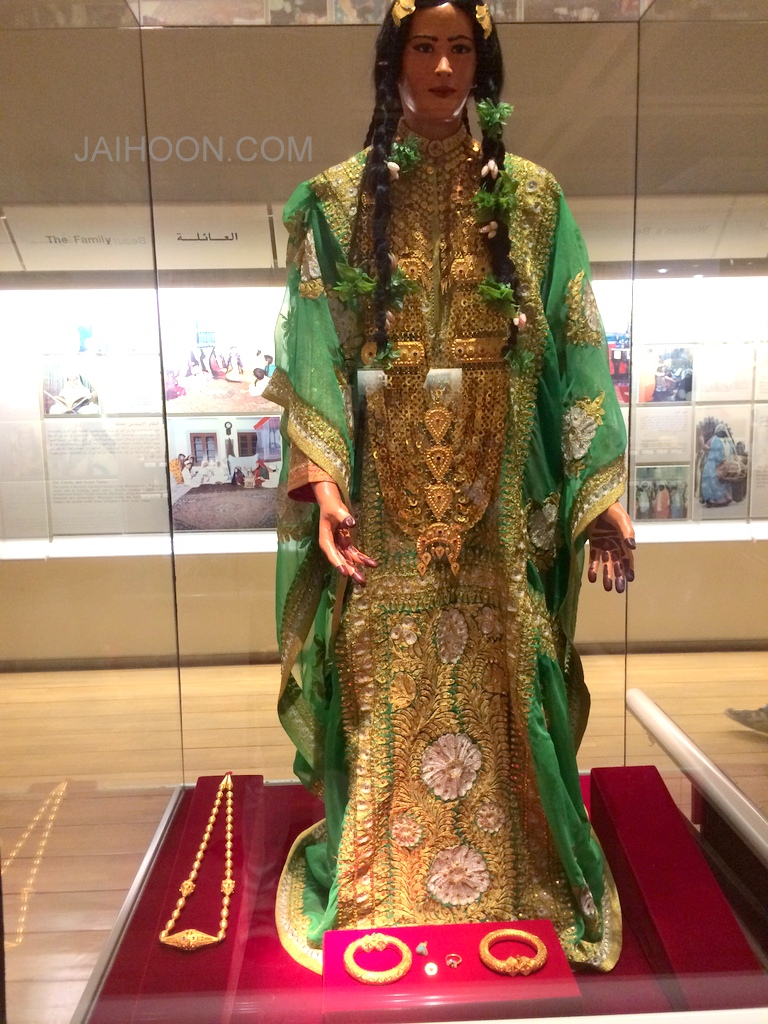
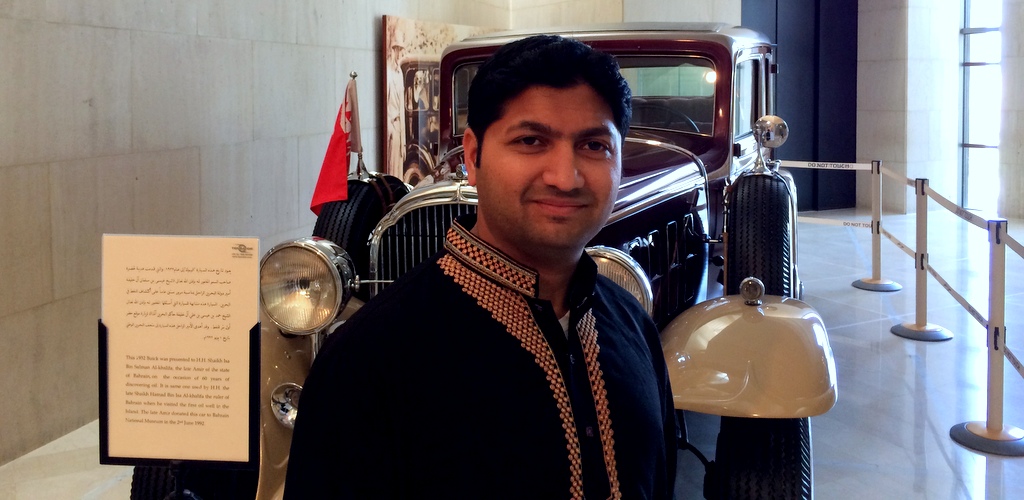
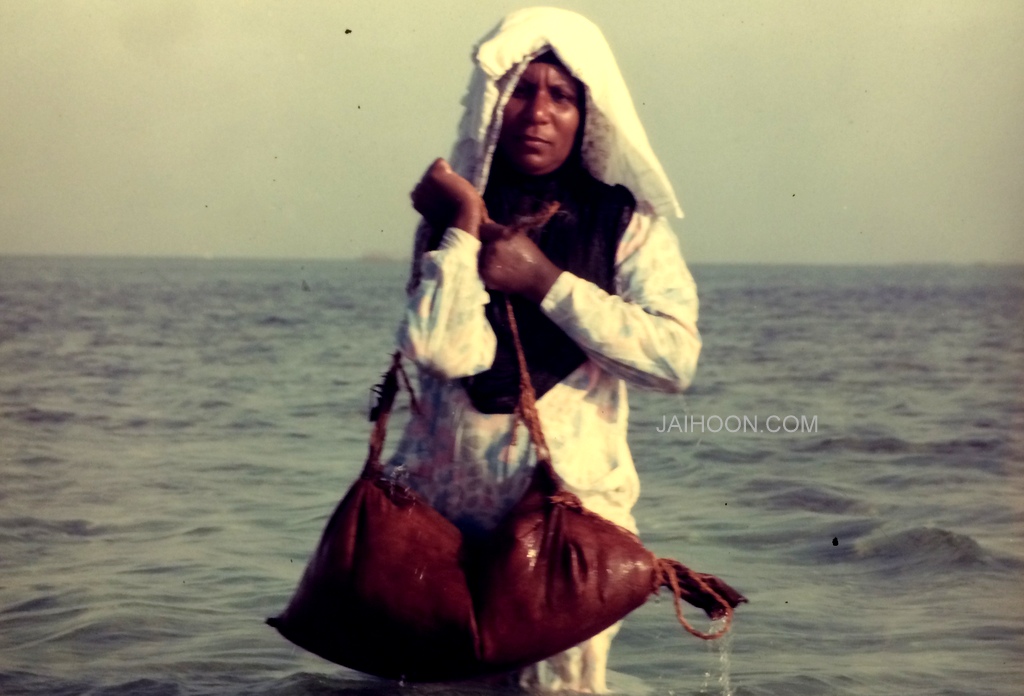

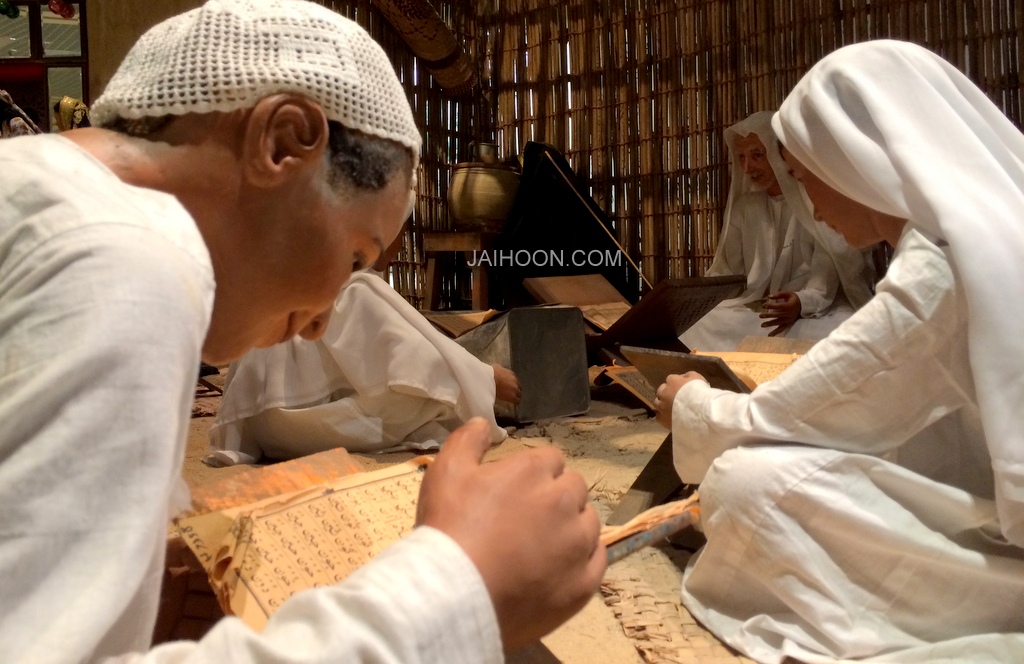
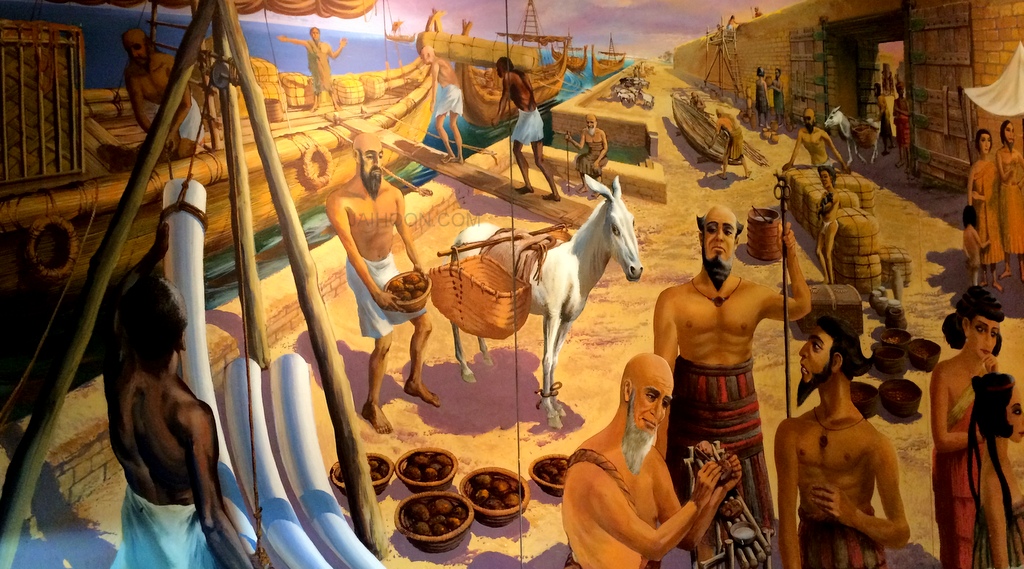
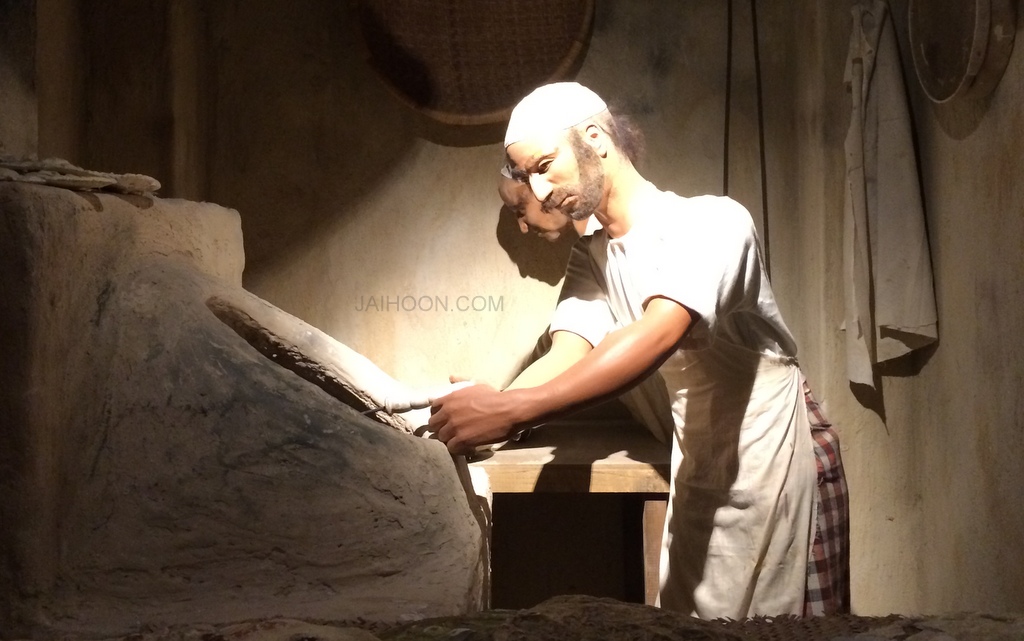
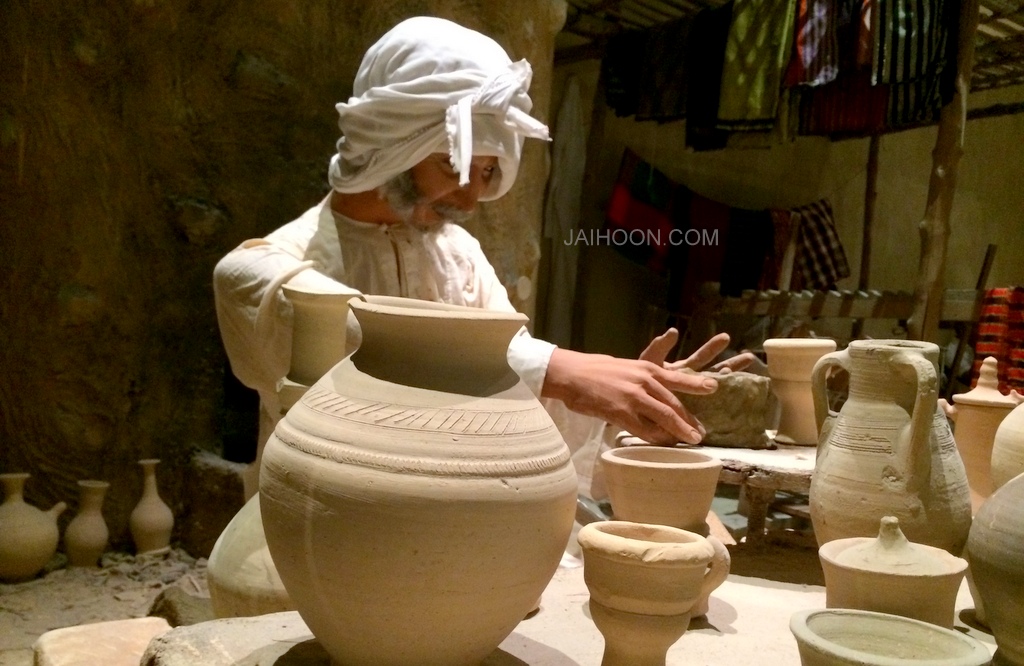
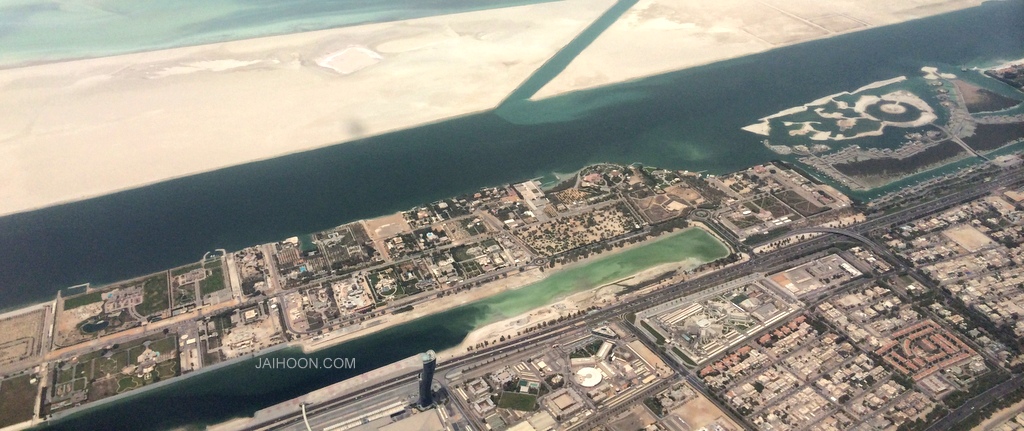
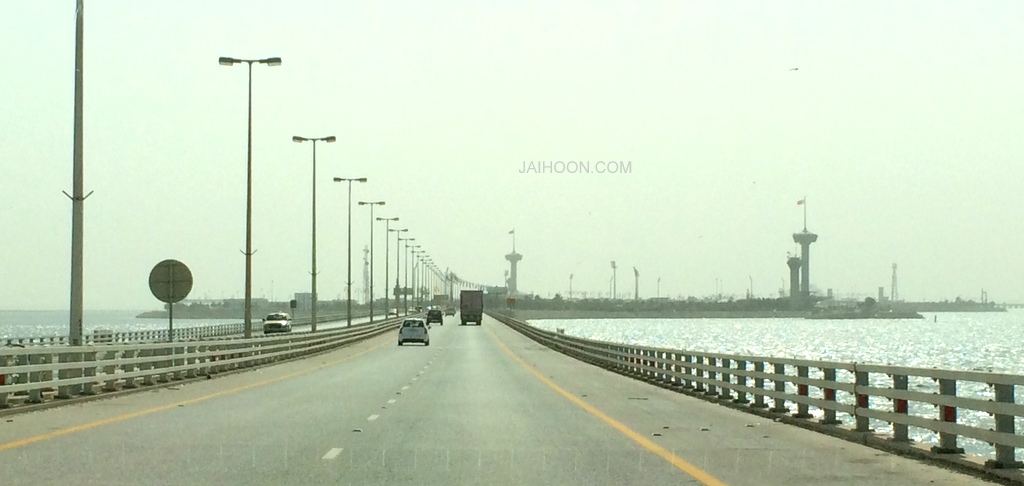
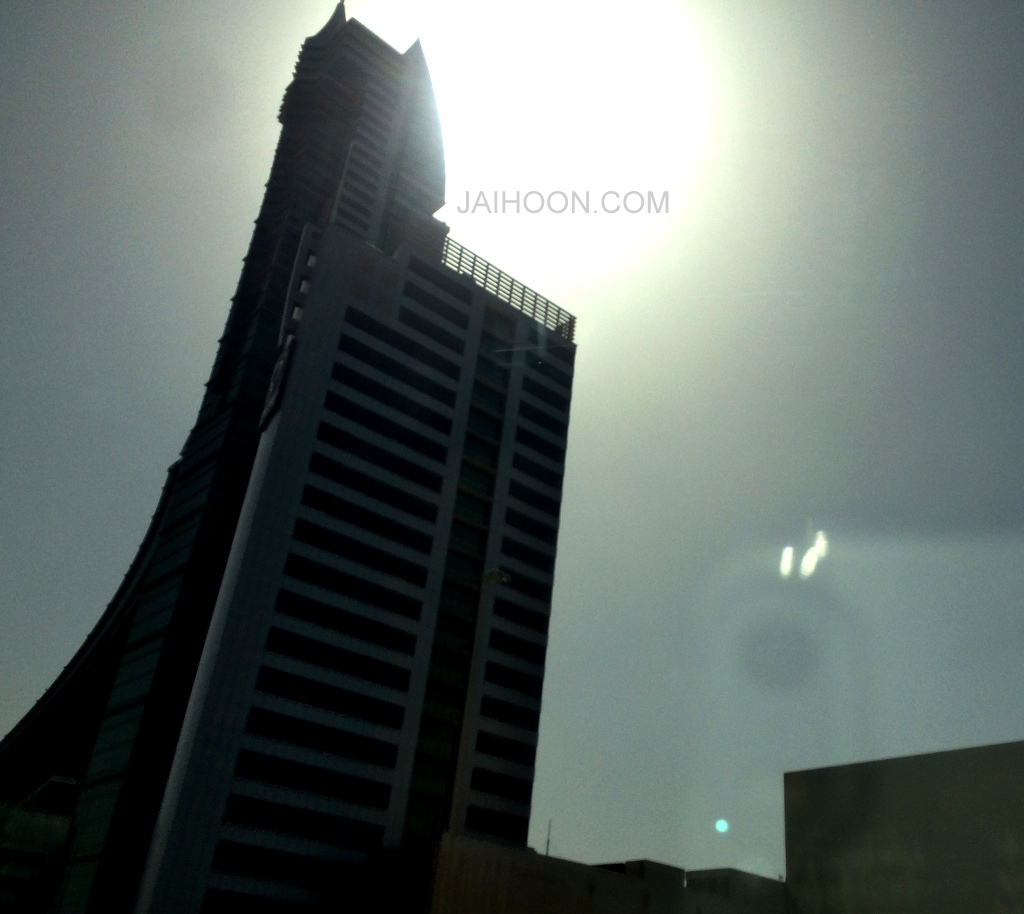
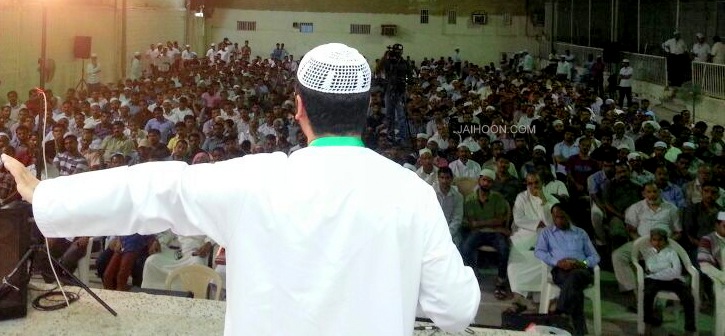
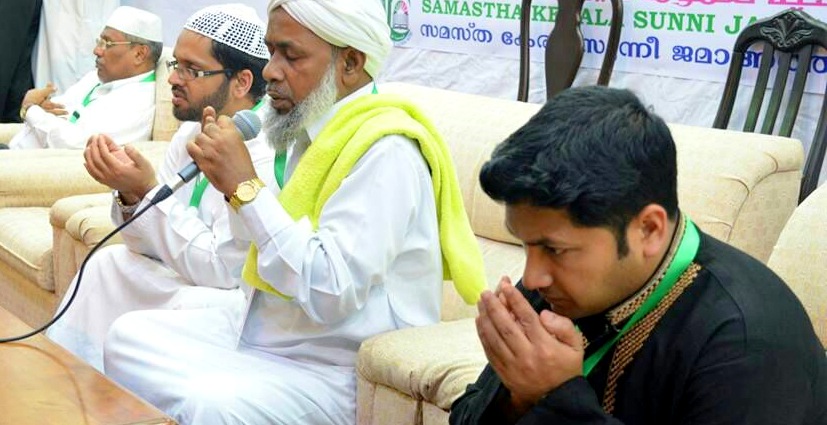
Mujeeb Jaihoon
Mujeeb Jaihoon, reputed Indian author, explores themes of universal love, deeply embedded in a disruptive spiritual worldview.
Related Posts
Feb 26 2026
Perfection is His Sole Privilege
Surrender "should have" fantasies to embrace the divine perfection and wisdom…
Feb 25 2026
Feathers and Bars: The Immortal Inmate
Jaihoon explores the mystical paradox of the ageless, vibrant soul trapped…
Feb 11 2026
Of Wounds and Wonders: Seeking the Divine Signature in Love and Pain
To love is to know. Whether through nature or machines, seekers find the…
Feb 10 2026
ഇതാണൊ ഇസ്ലാം ?
Mujeeb Jaihoon's controversial take on some of the double standards prevalent…
